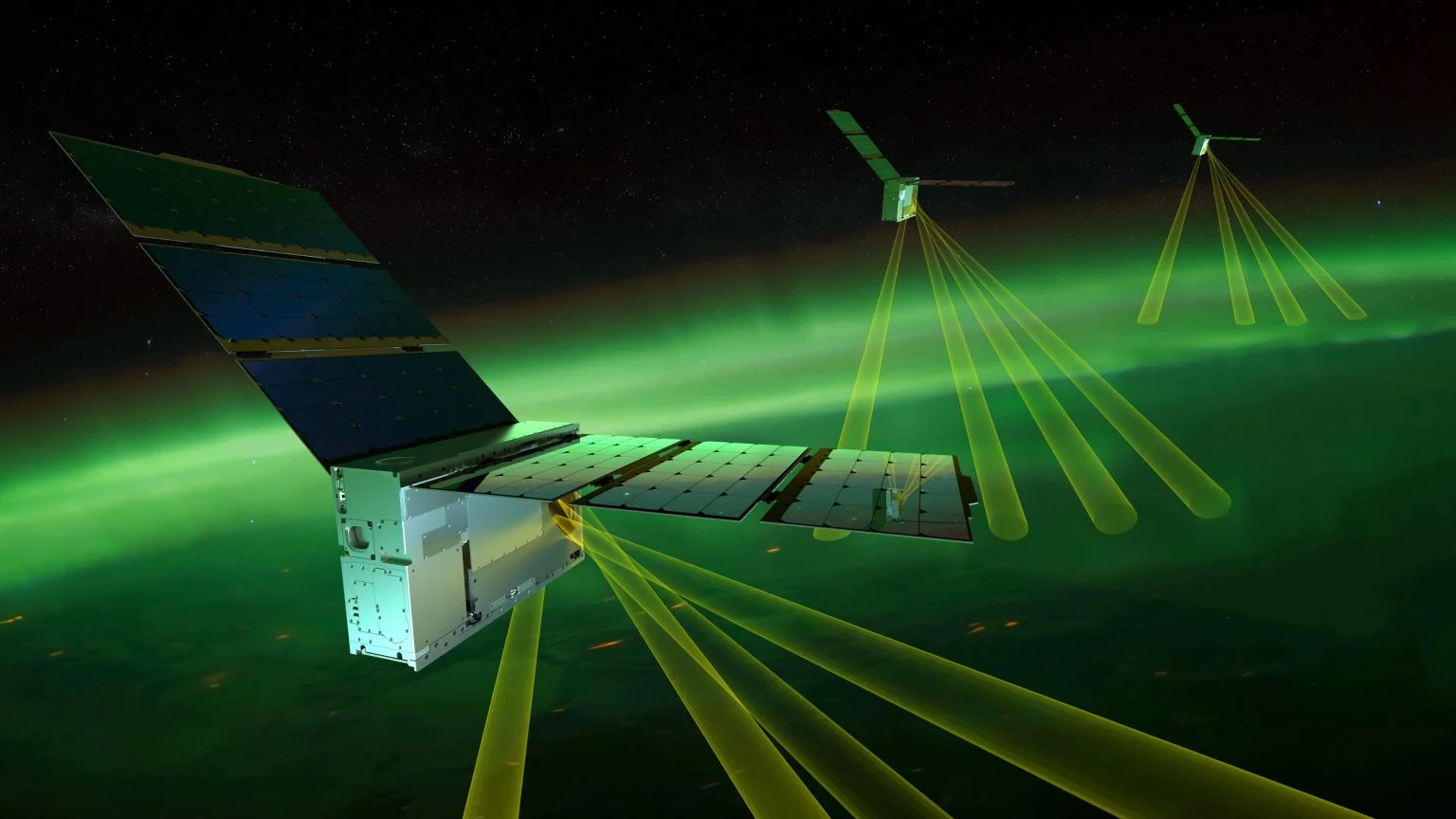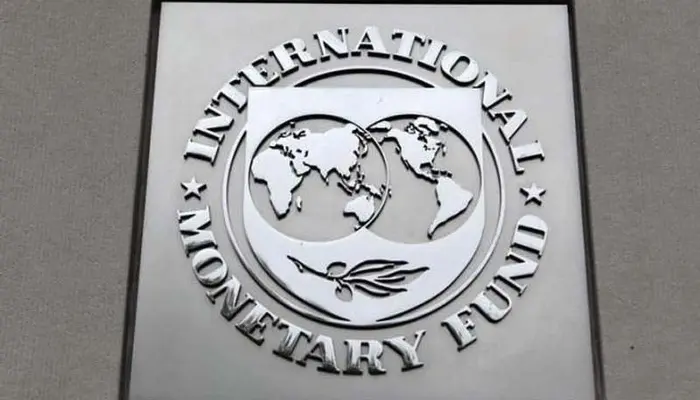Mars’ Orbit Wobble Could Point to Dark Matter: Study
This theory has been around since the 1970s but has recently gained attention.

A new study proposes that a wobble in Mars’ orbit might be a sign of dark matter. Researchers believe that dark matter could consist of tiny primordial black holes. These black holes, microscopic in size, likely formed just after the Big Bang.
This theory has been around since the 1970s but has recently gained attention. Unlike larger black holes found throughout the universe, primordial black holes may have formed from small, dense pockets of gas. These pockets collapsed as the universe expanded and cooled. As a result, scientists believe primordial black holes are scattered across the cosmos.
Although they are tiny, these black holes are incredibly heavy. Scientists estimate they could weigh as much as large asteroids, despite being the size of an atom. The study suggests that these primordial black holes could actually be what we call dark matter. The existence is the small wobble is a potential clue observed in the orbits of planets like Mars.
The recent study, published in Physical Review, explores this idea further. Researchers propose that a primordial black hole passing near a planet could cause a slight wobble in its orbit. The gravitational pull from the black hole’s immense mass might shift the planet’s path just enough to notice. This wobble, the study argues, could be a result of such encounters.
To test this theory, the scientists ran simulations of Mars’ orbit over time. Their results supported the hypothesis. The data shows that a primordial black hole passing nearby could indeed cause the wobble in Mars’ orbit.
Read: Maulana Fazlur Rehman Warns of Instability Amid Constitutional Failures
However, the researchers caution that this remains just a theory. Proving it will require real observational data, which presents a significant challenge. Primordial black holes are microscopic but extremely heavy and are difficult to detect.
The researchers acknowledge that they need more data to confirm whether these wobbles link to dark matter. Despite these challenges, the study has generated excitement among scientists.
The idea that dark matter is made of primordial black holes is not new, but researchers have yet to prove it. If true, it could help solve one of the biggest mysteries in physics—what exactly dark matter is.
For now, scientists will continue to test and explore this theory. More studies and simulations are likely to follow, as researchers attempt to gather more evidence. While proving the theory may take years, the idea that these tiny black holes could be responsible for dark matter remains an exciting prospect.
The study has already sparked debate within the scientific community. Whether dark matter is truly made up of primordial black holes remains to be seen. But this new research offers an intriguing possibility and provides fresh insights into how the universe and its hidden forces may work.
Follow us on Google News, Instagram, YouTube, Facebook, Whats App, and TikTok for latest updates
















